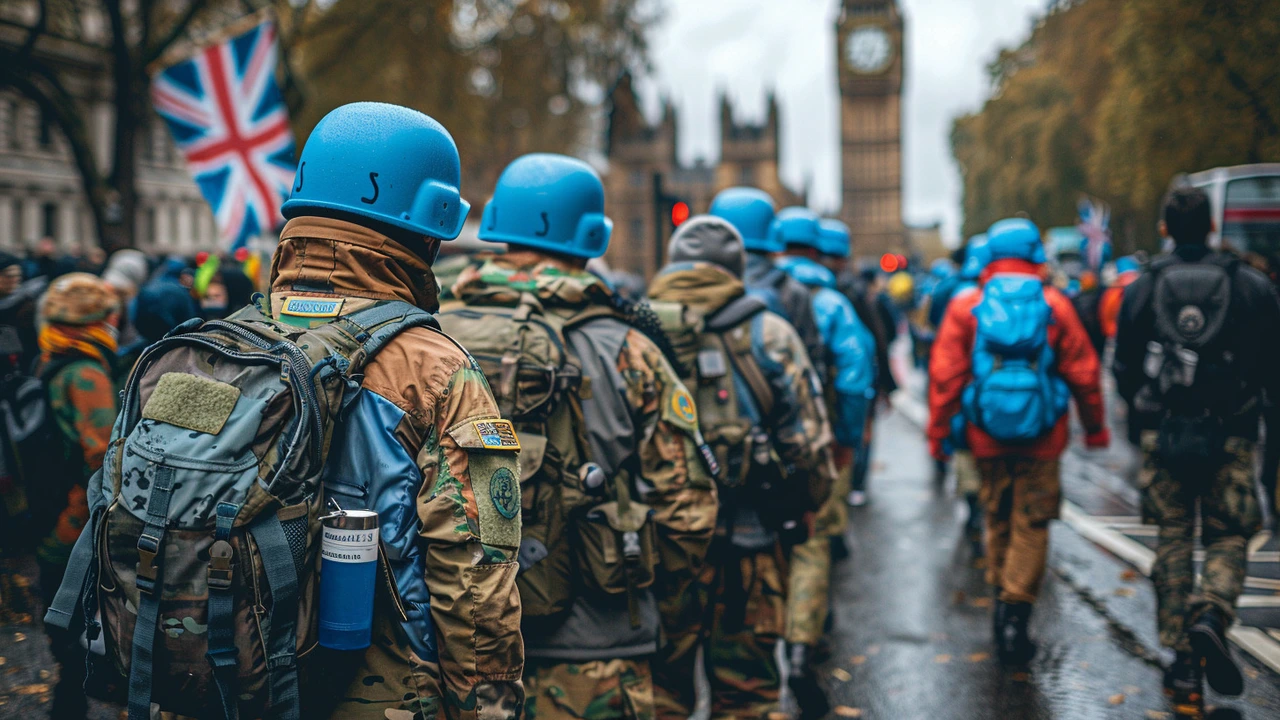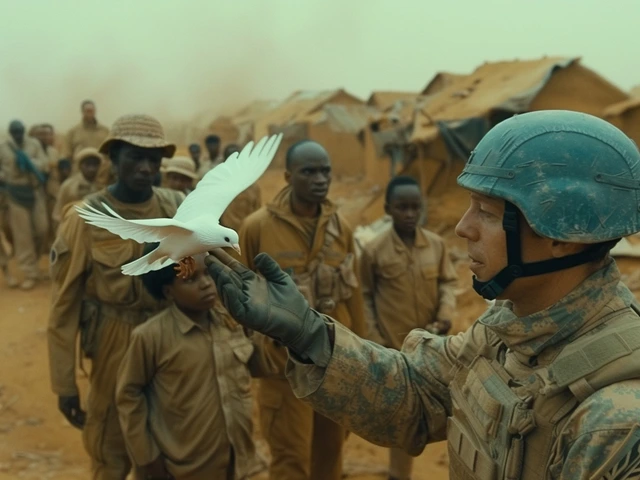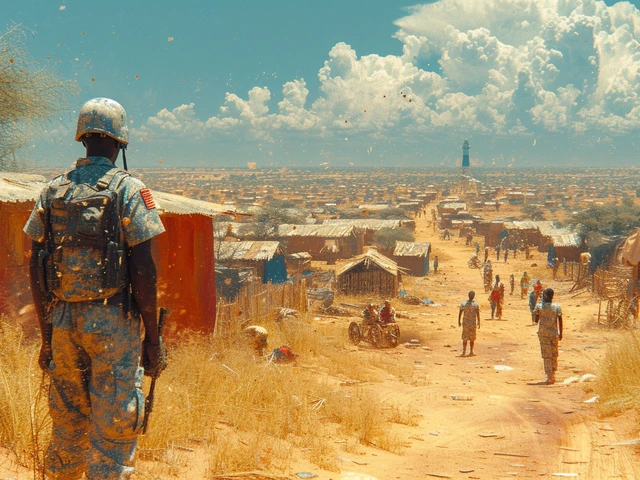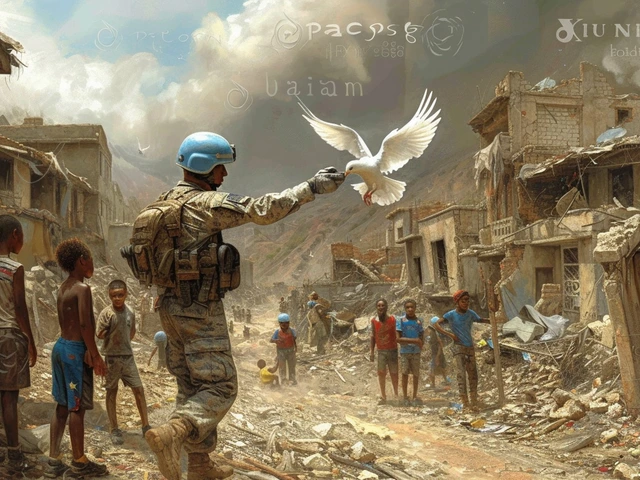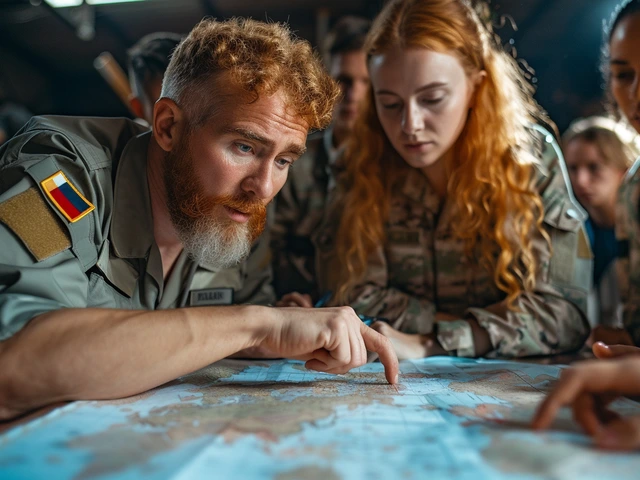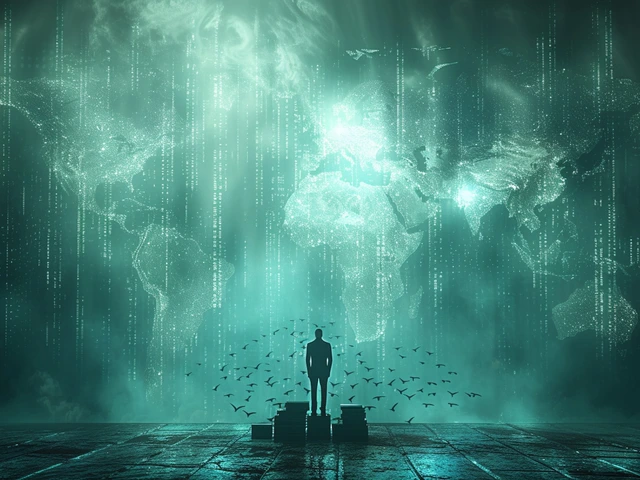Understanding the Roots of Peacekeeping
Peacekeeping has morphed significantly since its inception, evolving from a primarily military model to encompass multifaceted approaches that include diplomacy, economic development, and social justice. The concept, though not explicitly mentioned in the United Nations Charter, took shape in the late 1940s when the UN deployed observers to monitor the Armistice Agreement between Israel and its Arab neighbors. These early missions laid the groundwork for what would become a sophisticated and multi-dimensional effort to maintain peace and security globally. Today, peacekeeping combines military personnel with a vast network of civilian staff including police officers, political advisors, human rights monitors, and humanitarian workers, all working towards stabilizing conflict zones and rebuilding societies.
The Role of the United Nations in Peacekeeping
The United Nations plays a pivotal role in peacekeeping around the globe. With 54 peacekeeping missions since 1948, it has made significant strides towards mitigating conflict and fostering peace in some of the world's most volatile regions. Countries contribute troops and resources to UN missions, demonstrating a collective investment in global stability. However, these missions face numerous challenges such as complex political situations, limited resources, and evolving security threats. Despite these obstacles, the dedication of peacekeepers has made notable impacts, including ceasefire monitoring, disarmament processes, and supporting democratic elections.
Challenges Facing Modern Peacekeeping
Today's peacekeeping efforts are met with an array of challenges. The nature of conflicts has shifted, with intra-state disputes replacing inter-state wars as the primary focus of peacekeeping missions. These conflicts are often deep-rooted in ethnic, religious, or socio-economic divisions, complicating the path to resolution. Additionally, peacekeepers frequently operate in environments where there is no peace to keep, requiring them to navigate delicate situations that demand a combination of diplomatic acuity and military restraint. Another significant challenge is securing the necessary funding and resources. With the UN's budget stretched thin across numerous missions, the effectiveness of peacekeeping efforts can be hampered by financial constraints.
The Significance of International Cooperation
At its core, peacekeeping is an international endeavor that relies on collaboration and a shared commitment to peace. The success of peacekeeping missions is heavily dependent on the cooperation between the UN, its member states, and regional organizations. This collaboration extends beyond military contributions; it encompasses logistical support, political backing, and financial investments. The diversity of contributors also enriches missions with a variety of perspectives and skills, which are crucial for addressing the multifaceted nature of modern conflicts.
Technological Advancements in Peacekeeping
Technology has become an indispensable tool in the peacekeeper's arsenal. From unmanned aerial vehicles (UAVs) to satellite imagery, modern technology provides critical information that enhances the safety and effectiveness of missions. These technologies facilitate real-time communication, improve surveillance, and assist in the gathering of crucial intelligence. Moreover, advancements in data analysis and mapping have improved peacekeepers' ability to predict conflict hotspots and deploy resources more efficiently. While the integration of technology offers significant advantages, it also presents new challenges in terms of cybersecurity and ethical considerations.
Personal Stories of Peacekeepers
The personal experiences of peacekeepers bring a human dimension to the broader narrative of peacekeeping. From the perilous missions in the Balkans to the long-term efforts in Africa, the stories of individuals who have served on the front lines highlight both the challenges and accomplishments of peacekeeping. These personal narratives underscore the dedication and sacrifice of those who serve, often in extremely dangerous conditions, to bring stability to conflict-affected areas.
Looking Towards the Future
As we look to the future, the global commitment to peacekeeping faces both new opportunities and challenges. The international community must adapt to the changing nature of conflict, leveraging both technological advancements and the lessons learned from past missions. Maintaining peace requires a continuous and dynamic approach, one that is responsive to the evolving landscape of global politics and conflicts. Ultimately, the commitment to peacekeeping reflects a broader commitment to humanity, demonstrating the world's collective effort to foster a more stable and peaceful global community.

